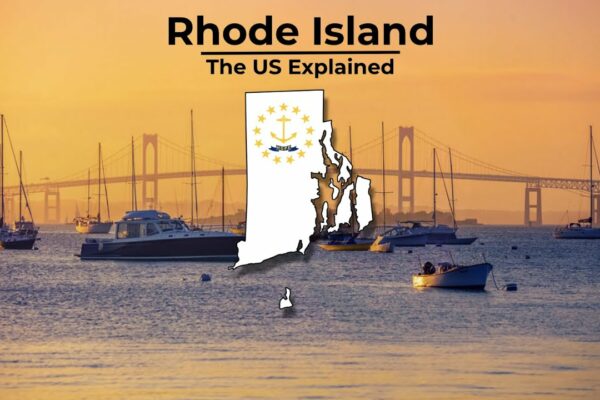
What guarantees were provided by the Rhode Island charter?
The Rhode Island charter, granted in 1663, contained several crucial guarantees. Firstly, it established religious freedom, ensuring that no one could be compelled to support or attend any religious institution. Secondly, it protected the rights of land ownership, ensuring that property rights remained secure. Finally, it granted self-governance to Rhode Island, giving the colony the power to enact its own laws and elect its own officials. These guarantees played a vital role in shaping both the political and religious landscape of Rhode Island.


